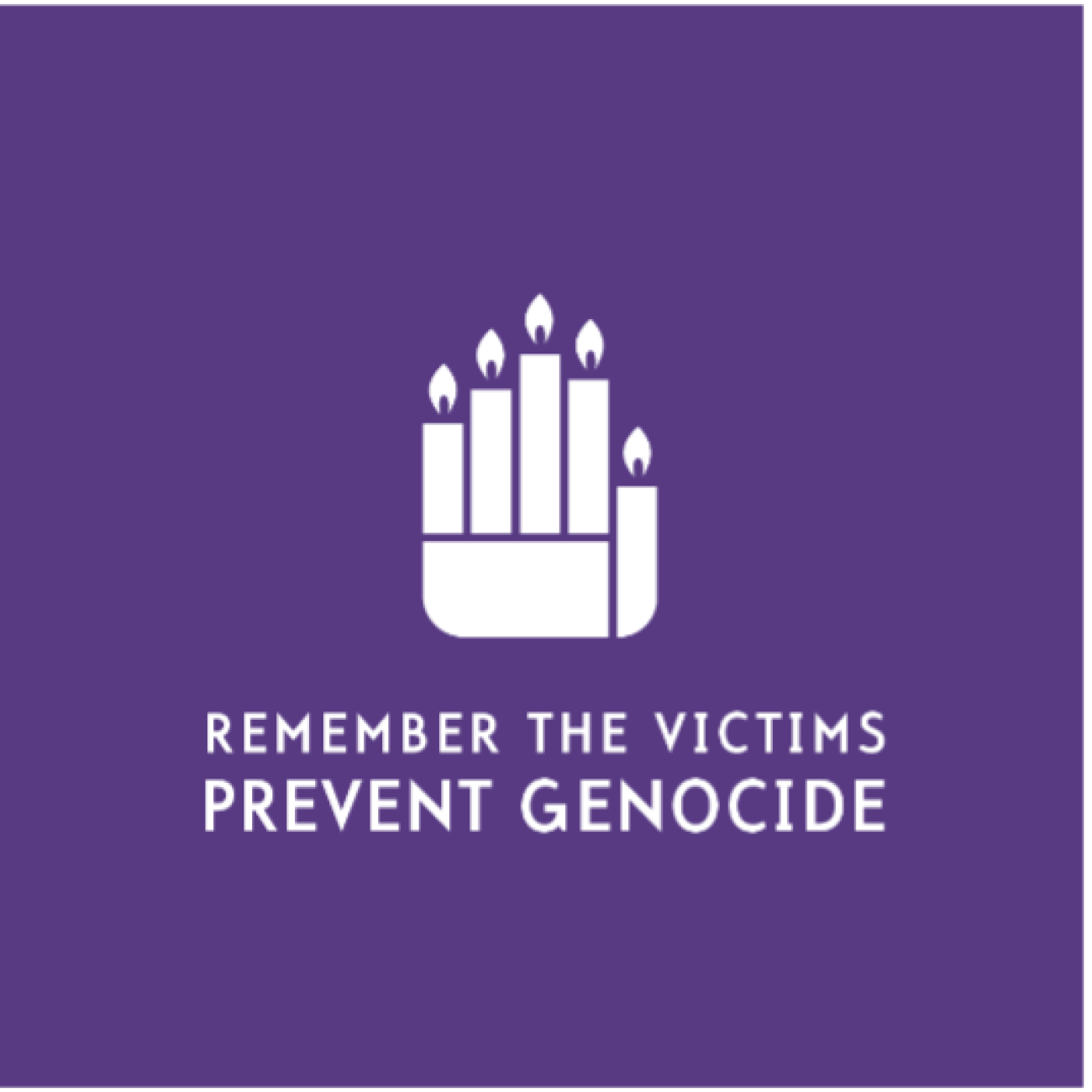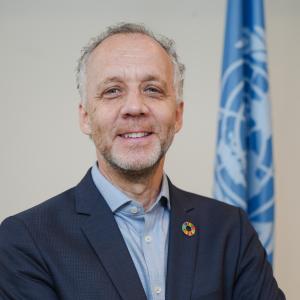The Genocide Convention, formally the “Convention on the Prevention and Punishment of the Crime of Genocide”, is an instrument of international law that, for the first time ever, codified the crime of genocide. It firmly signifies the world’s commitment to “never again” — never again to allow such crimes as those committed during the Second World War. The Convention was adopted by the General Assembly of the United Nations on 9 December 1948 and has since been ratified by 153 States. It was the first ever human rights treaty adopted by the General Assembly.
Joining the Convention acknowledges the responsibility of States towards their own populations. Last year marked the 75th anniversary of the adoption of the Convention, which provided an opportunity to reflect on its important legacy and the challenges that remain for the prevention of this crime.
On 14 October 1950, Cambodia was among the first Southeast Asian countries to pledge its commitment to “never again”, taking upon itself the obligations to prevent and to punish the crime of genocide.
Seventy-four years have passed since then, and within that time – from 1975 to 1979 – the people of Cambodia people endured one of the world’s most brutal regimes, the Khmer Rouge, and their countless vicious crimes. Cambodia’s horrific experience demonstrates the need for alertness and action to prevent genocide. It is therefore vital that opportunities are created for all to reflect on the living legacy of the Genocide Convention, and to constantly renew our global commitment to prevent genocide, particularly amidst rising risk factors across the world. We need to ask ourselves: are we living up to our commitment to “never again” today – or is more action needed to prevent crimes like those perpetrated against the people of Cambodia?
We were therefore pleased to receive invitations to join the Royal Government of Cambodia and the Documentation Center of Cambodia to participate in a three-day conference in Phnom Penh to discuss the Cambodian experience. Only through dialogue is the world’s commitment to “never again” nourished. We look forward to the opportunity during the conference to hear from the victims and survivors and to exchange views with government officials and Cambodia’s civil society on this important topic.
Cambodia has a unique experience in the accountability mechanism that was created to address Khmer Rouge crimes, the Extraordinary Chambers in the Court of Cambodia (ECCC). We recognise the tireless work for and of the ECCC to directly implement Cambodia’s obligations under the Genocide Convention. The convictions of Democratic Kampuchea’s former Head of State, Khieu Sampan, and “Brother Number Two”, Nuon Chea, for the crime of genocide stand out among only a handful of instances of accountability for the most heinous of crimes. The ECCC has also handed down important verdicts on crimes against humanity and grave breaches of the Geneva Conventions. The creation of the ECCC and its enforcement of the Genocide Convention constitutes an important achievement not only for Cambodia but also for the world and showcases how the Convention can be practically applied. We salute these efforts, especially those by victims and survivors, whose testimony and engagement with the court has been crucial to these achievements and to Cambodia moving forward. Many of these victims and survivors, as well as younger generations in Cambodia, are continuing the important work of education and awareness raising about the past – so that we can learn from it. They remain essential and must be acknowledged and supported. We will use this visit to meet with and listen to the experiences of the ECCC, in particular the voices of the victims.
Perhaps the most important obligation under the Genocide Convention is prevention. And maybe more so, strengthening prevention during times of peace. With the conclusion of the judicial proceedings before the Extraordinary Chambers, prevention is undoubtedly the most profound delivery by Cambodia on the Convention, and this resonates not only domestically but also internationally. To enable delivery on prevention in a purposeful and meaningful manner, focused and sustained attention must be given to knowledge sharing, education and information dissemination across all levels and aspects of Cambodian society. Contemporary calls for a dedicated and permanent State institution to work on these issues and to continue delivering on Cambodia’s impressive work to date are both timely and pertinent.
History has shown time and again that genocide and related crimes (war crimes, crimes against humanity), do not happen randomly or in isolation. They are preceded by early warning signs. The establishment of national legal and policy tools as well as structures that can identify and address these early warning signs, combined with education and information dissemination, are critical first steps towards prevention.
Cambodia has a compelling recent history of peace-making and development, transitioning from armed conflict through UN peacekeeping and nation building to economic growth over the course of four decades following the fall of the Khmer Rouge regime. Cambodia has become a steadfast troop contributing country to UN peace operations; facilitated transitional justice through the Extraordinary Chambers; and maintained a strong partnership with the United Nations system in Cambodia in pursuit of the Sustainable Development Goals (SDGs).
The experience of Cambodia through the ECCC also presents a unique opportunity to further consolidate peace and development in the country. It enables Cambodia to share these important lessons in the region and beyond, including by bringing together local and regional bodies within a dedicated infrastructure promoting these and related themes. We echo the peaceful aspirations of the people of Cambodia and encourage the country’s civil society to continue its meaningful work. Finally, we reiterate the unyielding commitment of the United Nations to stand with Cambodia and support its work and desire to maintain peace and prosperity for all people in the country, steadfast in the collective commitment to “never again”.
The initial publication of this opinion piece is Khmer Times, published in English language on 20 May 2024.



